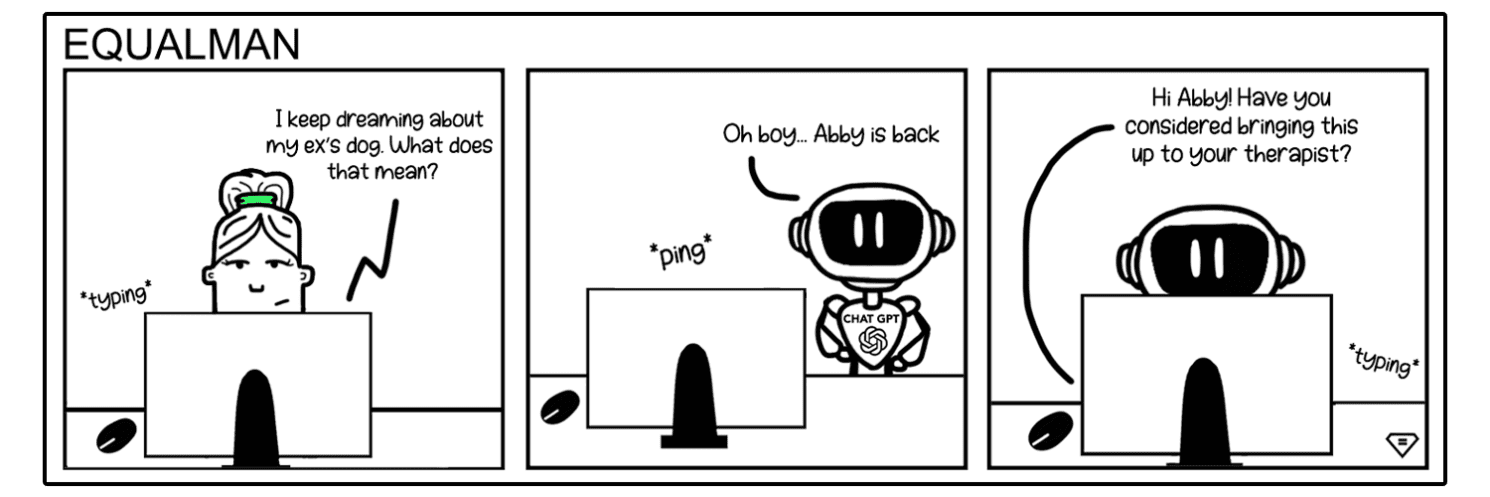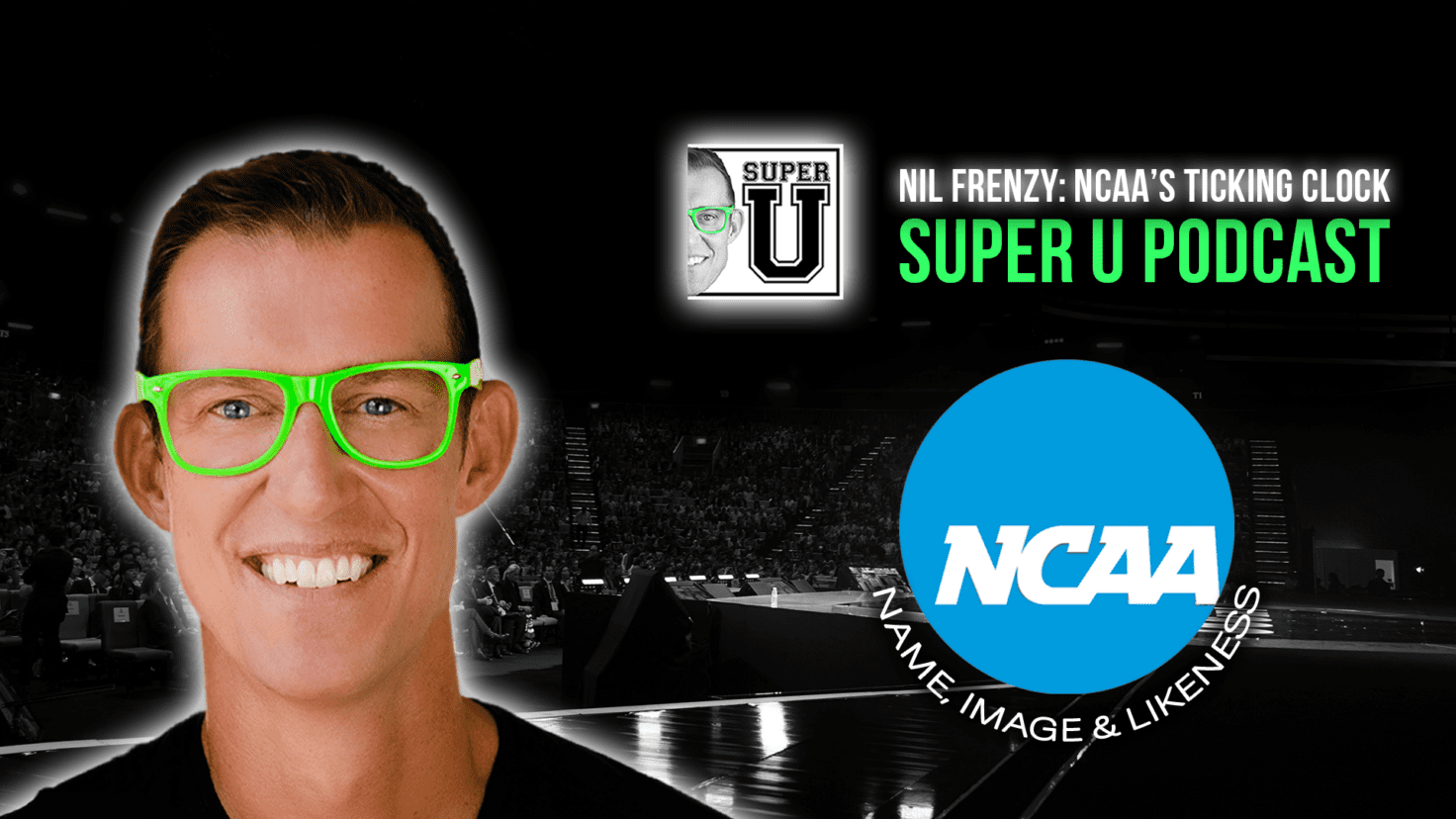How to Make A Killer LinkedIn Summary
Why: Your summary is one of the first things people see and read about you on LinkedIn. It’s part of your first (online) impression and it’s a big deal. When it comes to business, there are no longer any “blind dates.”
“Your smile is your logo, your personality is your business card, how you leave others feeling after an experience with you becomes your trademark.” ~ Jay Danzie
From a sales perspective, ensure your summary addresses the following questions:
- How and why you are going be a helpful and valuable partner?
- Are you likeable?
- Are you trustworthy?
- What makes you unique and why is that so great?
How:
Be as likeable as possible. An easy way to be likeable is writing in a similar manner as you would speak in a face-to-face introduction.
For Example:
John: What do you do for a living?
Tyler: I help build bridges.
Notice here that Tyler doesn’t reply: “I’m a passionately dynamic and disruptive force within building and construction. My unique skillset of time management and quality production is an innovative approach and my thought leadership is unparalleled in the field.”
Yet, so many of us write like this on LinkedIn for our summaries. Try to write as you would speak.
Continuing with our offline conversation example…
John: Wow—that sounds difficult, but very cool. How did you get into that line of work?
Tyler: Funny enough it was a Lego beginner builder set I received as a gift on my 8th birthday. I’ve been fascinated with building ever since, especially building bridges.
John: Have you contributed to any of the bridges in the city that I might know?
Tyler: I was fortunate to be a part of the teams on both the Zakim and Mackinac Bridge projects.
John: Very cool.

1. DO NOT: Use generic adjectives such as: responsible, unique, organized, efficient and a team player. You are not generic so do not make your summary generic.
Instead: Use scenarios. What specific skills or experience do you have that are beneficial for partners, clients and customers?
Other words that LinkedIn Influencer Jeff Haden suggests to avoid:
“World-class.” Usain Bolt is a world-class sprinter and has Olympic medals to prove it. Lionel Messi is a world-class soccer player and has four Ballon d’Or trophies to his name. These two are world-class, while most others are not.
“Authority.” Like Margaret Thatcher said, “Power is like being a lady…if you have to tell people you are, you aren’t.” Show your expertise instead.
Instead of saying the word “authority,” use examples like “Presented at TEDxEast” or “Predicted 50 out of 50 states in the 2016 election”—these examples prove a level of authority without actually having to use the word. [i]
2. DO NOT: List controversial hobbies or interests like “I have 47 venom spitting and blinding cobras that I breed in my free time” or “Die-hard Libertarian.”
Instead: List your superpowers. What separates you from the rest? From the example above, it could be specific experience/clients (Zakim & Mackinac Bridge Projects) or deliverables (on-time and under-budget).
3. DO: Tell a story. How did you start in your career, what was your breakthrough moment and how do your customers/clients benefit?
Example: Kay Allison, CEO and Founder at the Energy Infuser, Inc.

4. DO: Create your summary in a Word document to ensure you have no spelling or grammatical errors. You can add bullets and special characters to your Word document that will copy and paste into LinkedIn (Hat Tip: Viveka von Rosen).
5. DO NOT: Use bullets and special characters excessively.
Use your own voice and personality to construct a brand that resonates with who you are, is consistent with your company and how you would like to come across to others. Continue to revise, improve, revise, improve.
Check out more great LinkedIn tips in Erik Qualman’s new book, How to Sell on LinkedIn.
[i] Jeff Haden. “Stop Using These 16 Terms to Describe Yourself,” LinkedIn, January, 2013, https://www.linkedin.com/pulse/20130117141235-20017018-stop-using-these-16-terms-to-describe-yourself?trk=mp-details-rc






